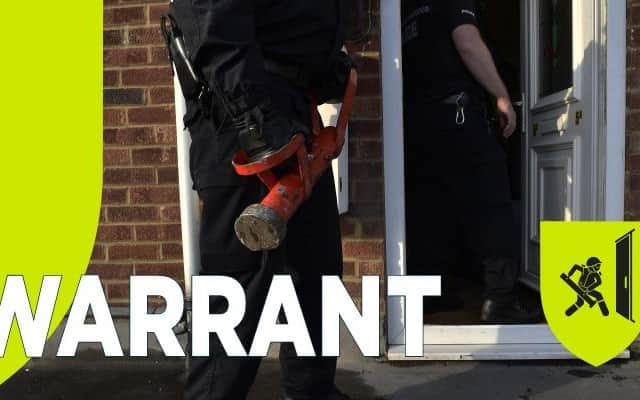Homes raided in Milton Keynes and Aylesbury for crypto money laundering investigation
and live on Freeview channel 276
Properties in Aylesbury and Milton Keynes were raided by police in part of a widespread investigation into money laundering.
Police believe the alleged fraud was carried out using online crypto services.
Advertisement
Hide AdAdvertisement
Hide AdAlso, homes in Southampton, Hastings, Woking, Watford, and Stoke on Trent, were searched by South East Regional Organised Crime Unit (SEROCU) officers.


SEROCU revealed today (7 March), that throughout February warrants were obtained to search homes across the country.
Six warrants and two additional arrest attempts were carried out last month.
Seven people have been arrested, one person spoke with the police voluntarily and 12 cease and desist orders were issued.
Advertisement
Hide AdAdvertisement
Hide AdA number of items police believe are linked to the fraudulent activity and money laundering were obtained by officers, including electronic devices and banking material.
Specifically, the police were investigating suspected laundering activity using crypto services to obtain money illegally.
Investigations have also taken place in relation to “money mules” – in which people allow their bank accounts to be used to send criminal money.
Detective Inspector Tom Bradshaw of SEROCU’s proactive economic crime team, said: “Our work over the past month has been focused on disrupting offenders in our communities who look to gain money through fraudulent online activity.
Advertisement
Hide AdAdvertisement
Hide Ad“These sorts of crimes are abhorrent and can have a devastating impact on people’s lives. We will not tolerate these offenders and will look to tackle them at every opportunity. The activity that has taken place in February demonstrates how seriously we take this sort of offending, and should serve as a warning to those who commit it.
“Money mules’ are one of the most important enablers of fraud. Fraudsters and other criminals use multiple ‘mule’ accounts to make it harder for banks and police to track them down.
“’Mules’ usually get recruited because they are given a cut of the stolen money, meaning that they become involved in money laundering – a serious criminal offence with a maximum sentenced of 14 years in prison for the worst offenders.
“People can be taken advantage of by criminals and encouraged to allow their accounts to be used. Therefore, as well as investigating those who are criminally involved, the Proactive Economic Crime Team will visit individuals at risk of being coerced and offer support and advice.”
